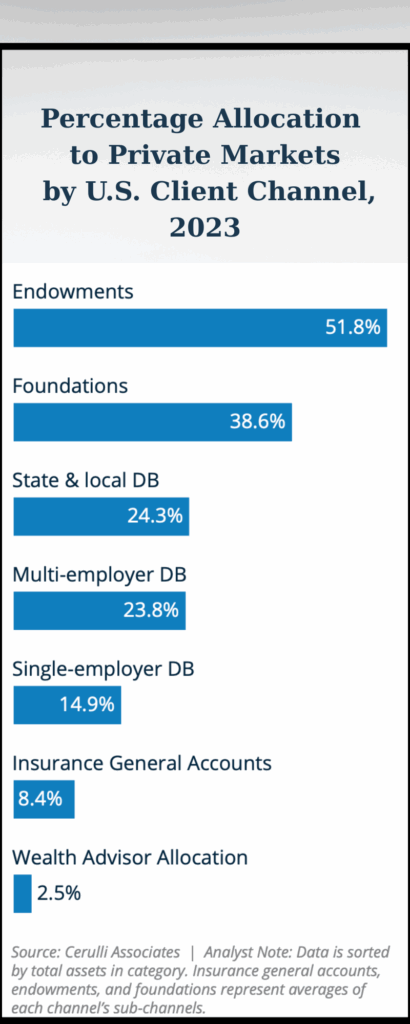
No one has turned on a faucet or flushed a toilet in my late father’s vacant Pennsylvania condo for as long as I can remember. He died more than 18 months ago, and I’m certain—almost absolutely certain—that somebody in our family cancelled the utilities soon after the funeral.
So a few weeks ago I was genuinely surprised to receive a bill from the condo’s water and sewer vendor for the use of 84,670 gallons of water and 86,000 gallons of sewage at the condo during April 2014 alone. The year-to-date charges were about $4,000.
Stirred but not shaken (four-figure disasters are a dime-a-dozen these days), I called the utility company and left a message. Then I called my brother the engineer, who lives near the condo. A numbers guy from birth, he punched a key on his iPhone, thumbed through a few websites, and said we’d filled the equivalent of 10 swimming pools. He agreed to meet me at the condo the next morning.
Two facts need to be re-established here: My father had taken out a reverse mortgage on his condo, and I’m the executor of his estate. I wrote about this adventure some months ago, and one reader responded that I had messed up royally by not getting a “deed in lieu of foreclosure.” Since my father refused to open his books to us kids, I’d like to blame him for whatever I did wrong. But let’s not go there.
My understanding, based on what little the old man told me a few years ago, is that he’d put $200,000 down on a new condo after my mother died and soon afterward levered that equity into a $125,000 reverse mortgage. He used the $125,000 loan to pay off the condo so that he could live the rest of his life rent-free.
After he died in January 2013—he was 83, and failing—I phoned the reverse mortgage company, Freedom Financial. I urged a customer service representative to please take ownership of the condo as soon as possible. She told me to await further instructions, which I did.
That may have been a mistake. No instructions ever arrived, and the next time I called Freedom Financial, the representative told me that, under Pennsylvania law, the condo was already in some kind of foreclosure queue, which could take up to “600 days”—a Biblical-sounding length of time.
Months passed. One day I began receiving crude, photocopied solicitation letters from bankruptcy lawyers. They evidently knew what I didn’t: that a sheriff’s deputy would soon appear at my front door and serve me with papers stating that my father’s estate—which had no assets–owed about $245,000 and that I could fight foreclosure if I chose.
I didn’t want to fight. I wanted to quit. The next time I called Financial Freedom, I asked, out of curiosity, why the company didn’t have a faster, more efficient process for taking possession of its property. “It’s not our property,” the phone rep said coolly. “It’s your property.” But didn’t Financial Freedom stand to lose money on a condo that sat empty for a couple of years, attracting toxic mold and copper thieves?
“We’re not going to lose any money,” she said. “Whatever we don’t get back from the sale of the house, the government will make up.” Meanwhile, she said, the estate and its executor were liable for maintaining the condo, paying the monthly condo fees, etc.
Ah-ha, a moment of illumination: Taxpayer-funded insurance backed up the reverse mortgage. Of course. I was staring into the smirking face of Moral Hazard itself. The stain of it was smeared on me too, because I was wishfully thinking that the condo might not involve me after all. But it did, and it was proving hard to shake loose. (Did I mention that vacant houses aren’t insurable?)
Time passed. On June 27 of this year, I received a notice from the prothonotary of my father’s county declaring that a judgment of foreclosure on the condo would be entered against me by default, pursuant to an action by a law firm that specializes in debt collection. An accompanying note, in English and Spanish, urged me to “take this paper to your lawyer at once.”
Wonderful, I thought. If I couldn’t afford an attorney, the document said (Who can? I wondered), the legal aid society could provide one. Instead, I called my nemeses at the debt-collection law firm in Philadelphia. A young lawyer told me, confidentially, not to fret about my credit rating, or about the risk of a suit for breach of fiduciary duty as the executor, or about a potential lien on my meager personal assets. It would probably all be over in four to six months, he said, after the sheriff’s sale.
But about that water and sewer mess. My brother and I arrived at the condo on a bright Saturday morning, expecting to find wastewater still gushing from the windows and a sheriff’s padlock on the door. We were relieved to find neither. From the outside, nothing looked amiss. Inside, the same: we found no stained or soggy carpeting, no watermarks halfway up the walls, and no flotsam or jetsam piled in corners—not a drop of water damage at all.
When I phoned the water & sewer office on the following Monday and described what we had found, the clerk told me that, despite the lack of evidence at the scene, the condo’s water use had in fact surged in February and continued to surge for four months.
Perhaps the toilets had been trickling night and day, she speculated. Or perhaps a pipe had burst under the slab during a cold snap. If the meter said 84,670 gallons of water per month were used, then 84,670 gallons were used, she assured me: The meter never lied. As for the $4,000 bill, she said, the W&S had already placed a lien on the property. I sighed. With any luck, it would soon be somebody else’s problem.
© 2014 RIJ Publishing LLC. All rights reserved.


